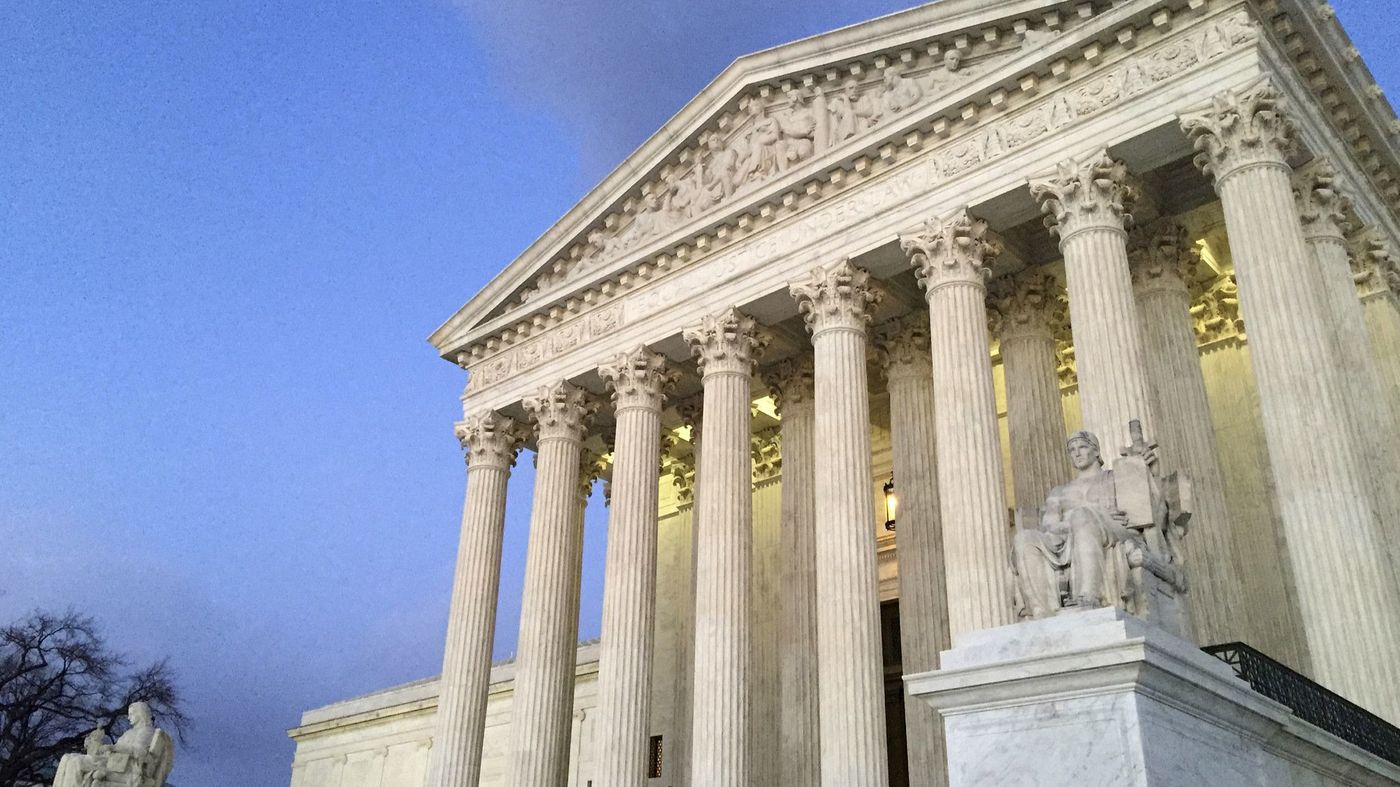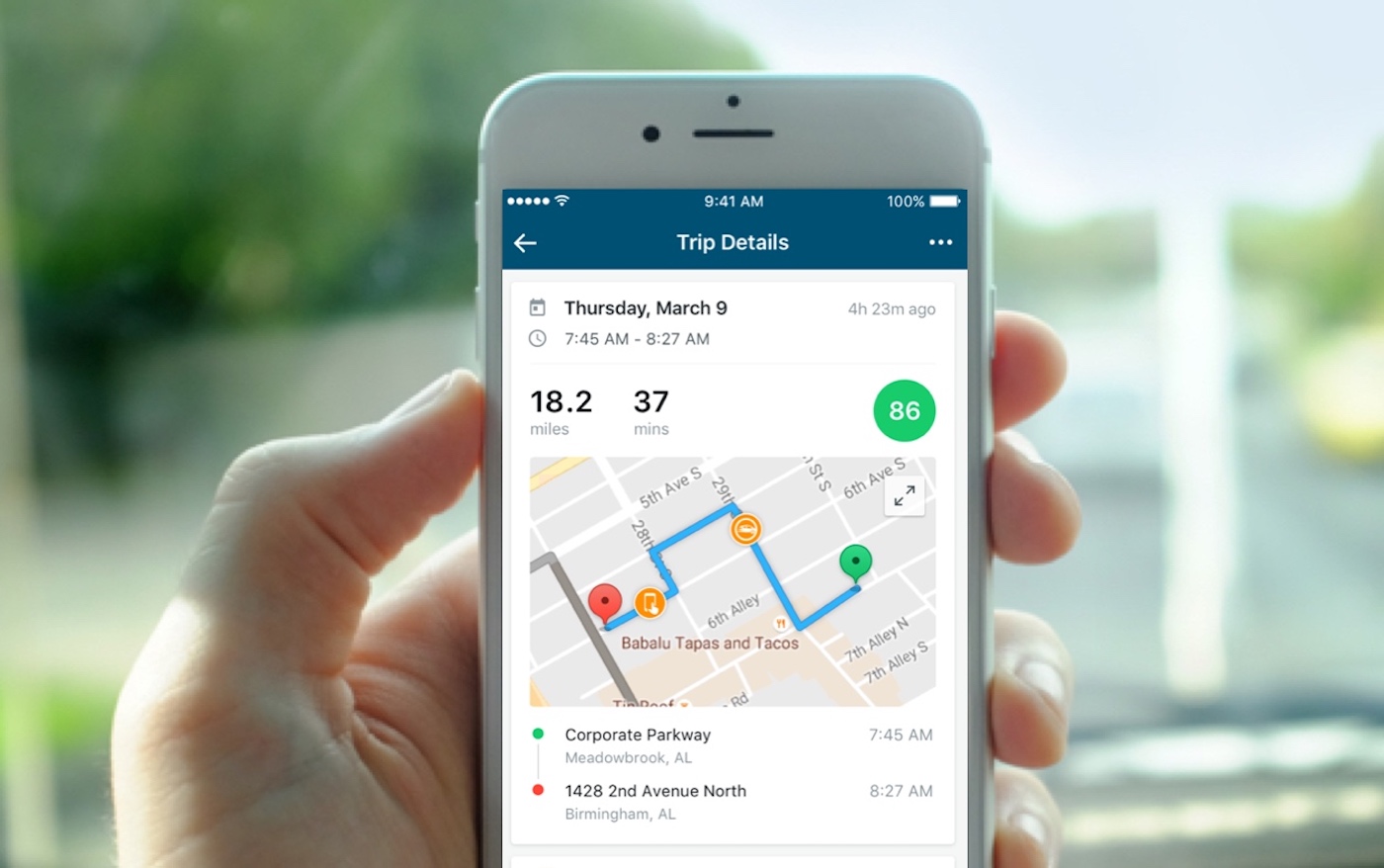Another opinion: Justice Samuel A. Alito Jr. said the decision "guarantees a blizzard of litigation while threatening many legitimate and valuable investigative practices upon which law enforcement has rightfully come to rely."

The Supreme Court in a 5-4 decision on Friday ruled that law enforcement generally needs a warrant to collect cellphone location data from a wireless provider as evidence.
Chief Justice John G. Roberts Jr., writing for the majority, warned that the decision was limited in scope.
“We hold only that a warrant is required in the rare case where the suspect has a legitimate privacy interest in records held by a third party,” the chief justice said.
Justices Ruth Bader Ginsburg, Sonia Sotomayor, Stephen G. Breyer and Elena Kagan concurred.
The case in question, Carpenter v. United States, No. 16-402, involved a string of armed robberies of Radio Shack and T-Mobile stores in Michigan and Ohio starting in 2010. At issue specifically was the fact that police obtained nearly 130 days of phone location data on Carpenter without a warrant.

The data provided 12,898 location points that cataloged Carpenter’s movements – and helped link him to the robberies – with an average of 101 data points per day. The data painted a clear picture of Carpenters whereabouts, including where he slept at night and if he went to church on Sunday mornings.
Up for debate was whether or not the prosecutors violated the Fourth Amendment in collecting the phone location data. According to Chief Justice Roberts, that information was entitled to privacy protection.
Allowing government access to cell-site records contravenes that expectation. Although such records are generated for commercial purposes, that distinction does not negate Carpenter’s anticipation of privacy in his physical location. Mapping a cell phone’s location over the course of 127 days provides an all-encompassing record of the holder’s whereabouts. As with GPS information, the timestamped data provides an intimate window into a person’s life, revealing not only his particular movements, but through them his “familial, political, professional, religious, and sexual associations.”